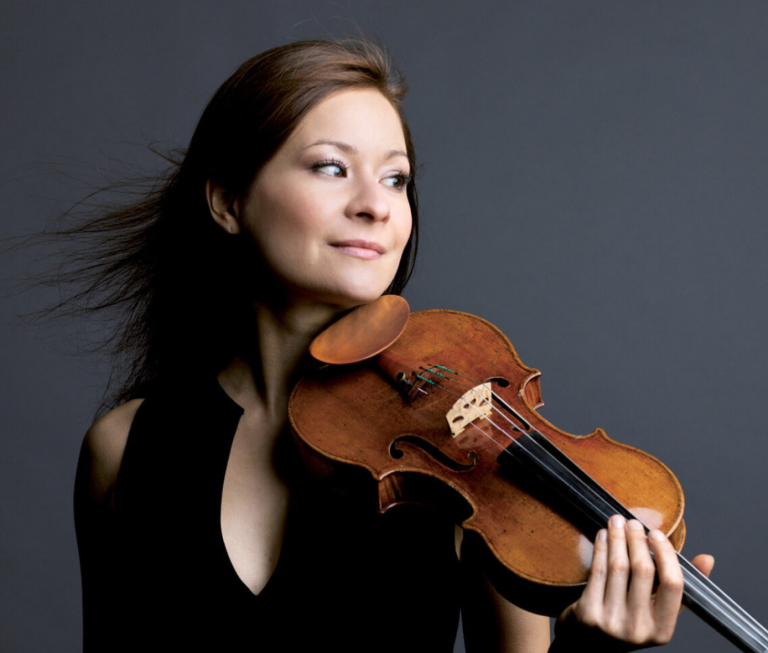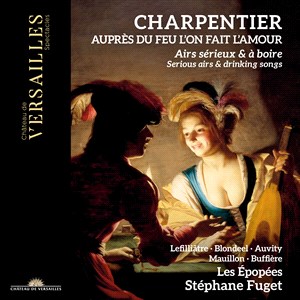The Good, the Bad and the Awkward – A new recording from Sally Whitwell

Researching the material for her new album, The Good, the Bad and the Awkward I imagine pianist Sally Whitwell reclining in an armchair in front of her television with a box of truffles and a magnum of French champagne slaving her way through dozens of movie classics.
She admits that researching this project, was ‘too much fun’. The Good, the Bad and the Awkward is a colletion of music from the movies. “But there are dozens of such albums!” you exclaim. Well, this is different. Different because of the characters in the movies from which the music comes. The characters are admired, they’re misunderstood and tormented. Most importantly for Sally, like Amelie Poulain from Le Fabuleux Destin d’Amélie Poulain, they’re socially awkward and struggle to communicate with ease. Yet in the end, their courage, their generosity of spirit and sense of humour triumph and the character is a bringer of hope.
The idea for the album sprang from an approach made by ABC Classics after the hugely successful debut album Mad Rush, the solo piano music of Philip Glass, which won Sally the the 2011 ARIA Award for Best Classical Album. Their idea was to make a recording of music from French cinema. Whitwell liked the idea and took it away to delve further into the possibilities. She admits to being a great fan of French cinema. The chance to immerse herself in her favourites was irresistible – Tati, Truffaut and the Golden Age of French cinema in the 1960s. Despite her affinity with the genre, the concept as the basis for an album she says wasn’t right. “I found it too generic, too predictable” . Then followed a recital at the Sydney Conservatorium of Music in the spring of 2011 which featured the music of Yann Tiersen, specifically thetheme music from Amelie. Says Sally, “Now I started thinking about…..how I identify with her, and feel her joys and sorrows so intensely. It’s all about beong a bit socially awkward; about how even socially awkward people can eventually find their place in the world”. Thus the title of this album was born and the concept of a “collection of characters from the cinema…incredibly imperfect, beautifully blemished and fabulously flawed”.
The CD opens with ‘The Good’ – a selection of hauntingly beautiful pieces like Satie’s Gnossienes and Nyman’s My Big Secret. It moves into repertoire with darker undertones in the 6 tracks depicting ‘The Bad’ – the surreal Falling from David Lynch’s iconic Twin Peaks, and L’Execution from The City of Lost Children. ‘The Awkward’ speaks of a disconnect – either in its sound or style, rather like a broken doll – the jangling dissonance of the title track from Delicatessen and JS Bach’s Prelude and Fugue in C from the Well Tempered Clavier Book I, featured in Baghdad Cafe, played with over the top romanticism.
In this recording, Sally has used a variety of keyboard instruments in addition to the piano – inspired choices for the various moods she has wanted to create. The toy piano is naive and sinister in turns; the piano brings warmth to Candlefire, the melodica is haunting in romance and the harpsichord recreates the dessication of the desert in the theme from The Good, The Bad and The Ugly. This spectrum of sound says Sally “is my tribute to Yann Tiersen, who also used these instruments in his writing and performing.”
I asked Sally about the pressure of following up a debut album that was so outstandingly successful. “I can’t deny that there is always a certain amount of pressure, especially with a second album. I simply wanted to make something very personal.”
Sally attributes much of the success of the sound to Virginia Read “a singularly wonderful engineer”. In the recording studio with just her instruments, and no other musicians to work with, how far did she go till she was satisfied? “I was going for intimacy and a performance within the room. Lots of things are recorded over and over and a passage might be technically perfect but it may not be what I want it to say. So I selected the takes with the most passion; the ones that communicate the best. That’s what’s important to me.”
As for the toy piano – its fixed and uneven pitch and tone are intrinsic to the message. Sally says it describes perfectly the flaws and rough edges in the characters. Equally, “it is a return to innocence. It is a child’s instrument – one where the child discovers sound as a reward for an action. I love that moment”.
Completing the package is the imagery on the CD packaging, which has Sally wearing pretty frocks and red Mary Jane shoes, sitting doll-like at her toy piano in a forest. This was the work of arts photographer Tina Fiveash. “Tina and I talked at length about the concept and the imagery. We continued the cinematic theme, from the starting point of a Japanese animation called The Forest Piano. The poster for this movie has a concert grand in the middle of a forest with light streaming on to it. I wanted to feature the toy piano, but not as a kid’s plaything or a playground scene. The concepts behind this CD are quite adult – they’re poignant, dark and mysterious.”.
This brings us to the dual nature of the music on the album – at a superficial level is it beautiful, pretty, bittersweet or sad. At another more abstract level, there are layers, which Sally describes as being “like a David Lynch movie, peeking behind the curtains.” Download the stories about the individual pieces and you will see why. “I would love people to read all the stories” she says.
This is a CD that begins with pleasure, and then journeys into fear, discomfort and excess. Trust the music; trust the performer and that fear and discomfort can be released through the catharsis of listening.
The Good, the Bad and the Awkward is an ABC Classics release Catalogue number ABC 476 4898.
Programme notes for download at www.abcmusic.com.au/Sally-Whitwell
Sally Whitwell was interviewd by Shamistha de Soysa ©







